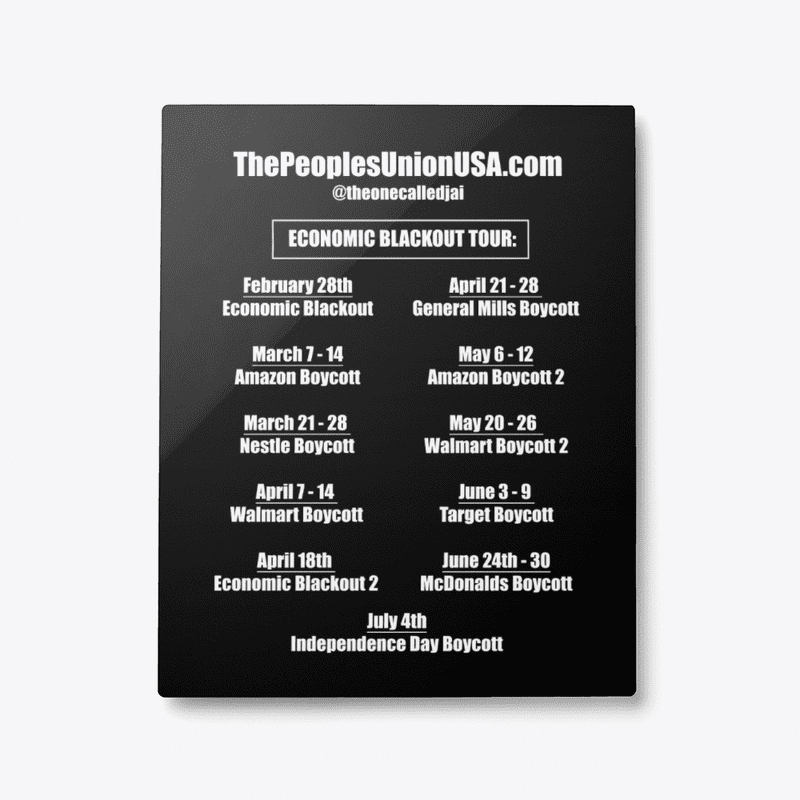Big Business, Little Business

Local First is not a new idea!
“[Buying local] means nurturing locally owned businesses which use local resources sustainably, employ local workers at decent wages and serve primarily local consumers. It means becoming more self-sufficient and less dependent on imports. Control moves from the boardrooms of distant corporations and back into the community where it belongs.” [Michael H.Schuman “ Going Local: Creating Self-Reliant Communities in a Global Age” August 25, 2000]
While national businesses have a role to play in every economy, purchases from national businesses typically cause money to leak out of the local economy.
- National chains send money outside of the community to the areas where they are headquartered.
- Large chain retailers often draw revenues from neighboring communities and even these towns and towns adjacent to locations with new chain retailers see sizable losses in both sales tax revenues and employment. [source: Michigan State University]
Small businesses have been squeezed from big national businesses. This was made worse with the rise of a global economy. First it was about malls and the shift to overseas manufacturing. Then, the online economy emerged, notably Amazon in 1994. Amazon started as a bookseller; now, it sells everything.
MUSICAL INTERLUDE: In 1984, I heard this version of Small Business Blues. Here’s another version with better graphics.
Why local first changes your community
It took me 2.5 seconds to google my way to studies that show that shopping local is good for your town or city. Let me summarize this one:
Job Creation
- Small local businesses are the largest employers nationally and create two out of every three new jobs.
- Small businesses employ more than 52 percent of the nation’s employees.
Keep Money in the Community
When dollars are spent locally, they can in turn be re-spent locally, raising the overall level of economic activity, paying more salaries, and building the local tax base. This re-circulating of money leads to an increase of economic activity, with the degree of expanse entirely dependent on the percentage of money spent locally.
- Wages and benefits paid to local residents
- Profits earned by local owners
- The purchases of local goods and services for resale and internal use
- Contributions to local nonprofits.
Keep the Community Unique and More Consumer Choices – if you want something unique, do you go to Target?
Reduce Environmental Impacts Reducing the amount of materials and products that are bought from national retail chains helps reduce your ecological footprint.
- Locally owned businesses can make more local purchases requiring less transportation and generally operate from within city centers as opposed to developing on the outskirts of a city.
- More commercial districts result in fewer vehicle miles traveled and leads to less sprawl.
- Less transportation also means less traffic congestion, which has the potential to reduce the amount of fuel emission that contributes to air pollution.
According to the National Resource Defense Council, buying local will help reduce pollution, improve air quality and improve our health.
Save Tax Dollars: Locals Use Less public Infrastructure Big Box retailers are generally larger than specialty retail businesses. They generally incur more costs per square foot and experience higher vehicle trip rates as a result of shipping from longer distances. This costs the local economies more for road care.
Promote Entrepreneurship – the success of local businesses encourages more local people to start businesses.